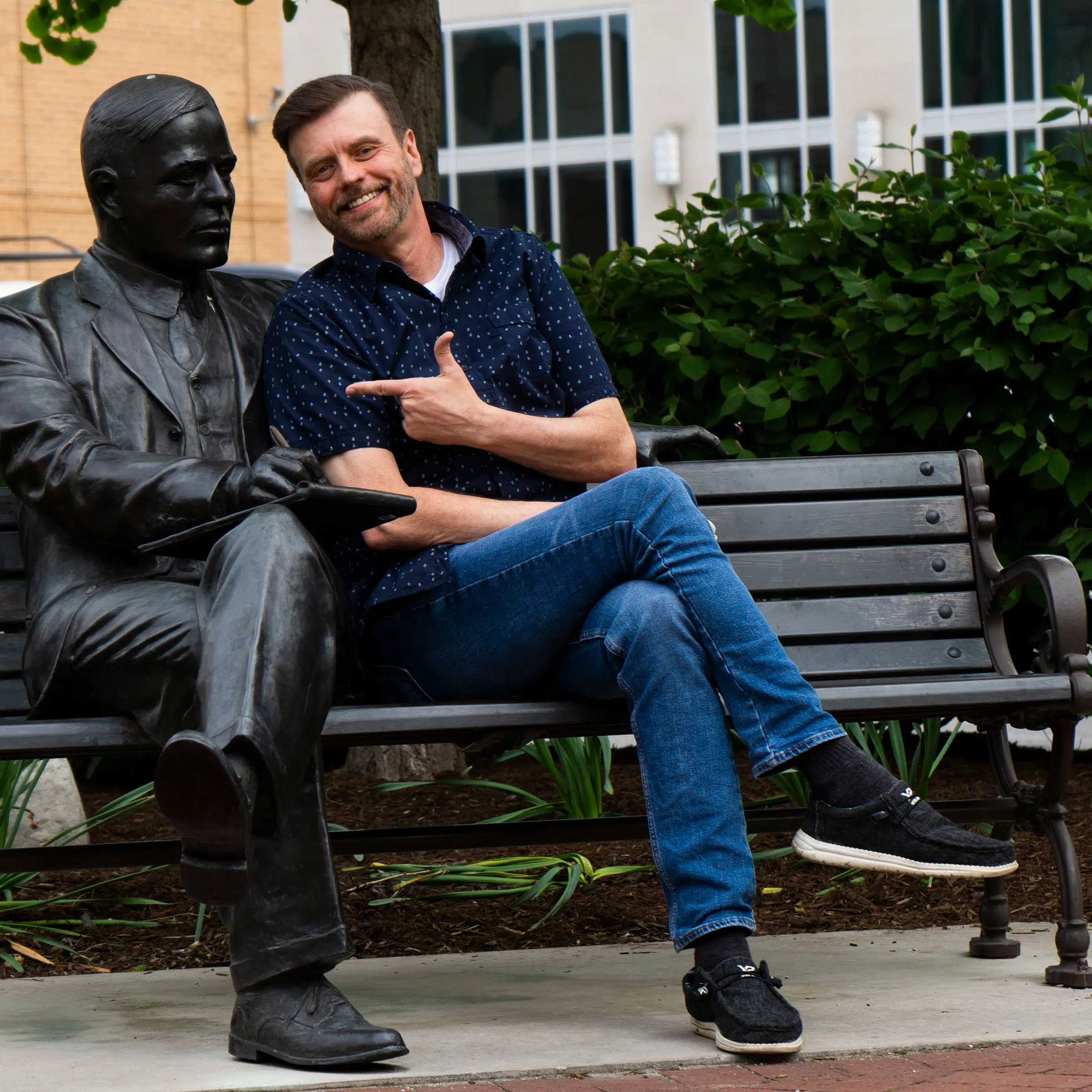ISTANBUL (Reuters) -Turkey’s main opposition Republican People’s Party (CHP) faces a wave of charges of corruption, insulting officials and terrorism links that has left hundreds of its members and municipal workers, including 14 mayors, detained or jailed.
Here are some details on the crackdown:
WHAT HAS HAPPENED SO FAR? HOW HAS TURKEY REACTED?
Hundreds of people have been detained or jailed as part of the legal crackdown that has been criticised as anti-democratic and politicised by opposition parties, right groups and some foreign leaders – claims the government denies saying the judiciary is independent.
The arrest in March of Istanbul Mayor Ekrem Imamoglu on corruption charges sparked the country’s largest street protests in a decade.
It also prompted a brief but sharp selloff in the lira and other Turkish assets, leading the central bank to reverse a monetary easing cycle. Prosecutors have not issued indictments and the CHP says the charges are fabricated.
WHO ARE THE KEY FIGURES?
Mayor Imamoglu, who is President Tayyip Erdogan’s main rival and leads him in some polls, was detained on graft charges he denies. The two-term mayor defeated candidates from Erdogan’s ruling AK Party (AKP) in 2019 and 2024, when the CHP swept most big cities across the country in the AKP’s biggest ever electoral defeat. Though now behind bars, he is the centrist CHP’s presidential candidate in any future election against the conservative AKP.
Erdogan, Turkey’s leader of 22 years, says the probe needs to address a vast network of corruption and has urged patience. The probe tightens his grip on power at a time that he could seek a way to stand for office again, despite his having reached a term limit. The next presidential vote is set for 2028 but will need to come earlier if he is to run again.
Ozgur Ozel, chairman of the CHP, has led the anti-Erdogan rallies since Imamoglu was arrested, calling the crackdown a “coup attempt” to hamstring the government’s rival. A potential alternative CHP presidential candidate, Ozel faces a court ruling set for September on another case that could strip him of his title and annul his party’s congress in 2023.
WHEN DID THE CRACKDOWN BEGIN?
The crackdown began on October 31, 2024, when a court jailed, pending trial, Ahmet Ozer, the CHP mayor of Istanbul’s Esenyurt district, on charges of links to the outlawed Kurdistan Workers Party (PKK) militant group. It expanded in January when Riza Akpolat, mayor of the city’s Besiktas district, was jailed in an investigation into an alleged criminal organisation suspected of rigging public tenders by bribing public officials.
HOW HAS IT EXPANDED?
On March 18, Imamoglu entered the spotlight when Istanbul University annuled his university degree over irregularities, days before he was to be picked CHP presidential candidate – for which a degree is a pre-condition. The next morning, police detained him and about 100 others. Protests over his detention spread, and on March 23 a court jailed the mayor on the same day that CHP members and non-members endorsed him as presidential candidate.
On March 27, the number of people detained in anti-government protests neared 1,900. Ankara denounced opposition calls for a mass commercial boycott, describing them as an economic “sabotage attempt”.
On April 30, a court jailed 18 Istanbul municipality officials on corruption charges in a further widening of the crackdown. On May 20, police detained 18 more municipality employees, then on May 31, prosecutors issued detention warrants for 47 people in four separate investigations including mayors in the CHP-run southern province of Adana.
On July 1, the investigation exploded across the country when a total of 157 people were ordered detained on corruption, tender rigging and fraud charges in the western coastal city of Izmir, including a CHP lawmaker and a former mayor. Of those, 35 people were jailed pending trial. On July 4, the mayor of Manavgat was detained and the following day, July 5, three more mayors and several others were detained in the big southern cities of Adana, Adiyaman and Antalya.
(Reporting by Daren Butler and Ezgi Erkoyun;Editing by Jonathan Spicer, Gareth Jones, Alexandra Hudson)





Comments